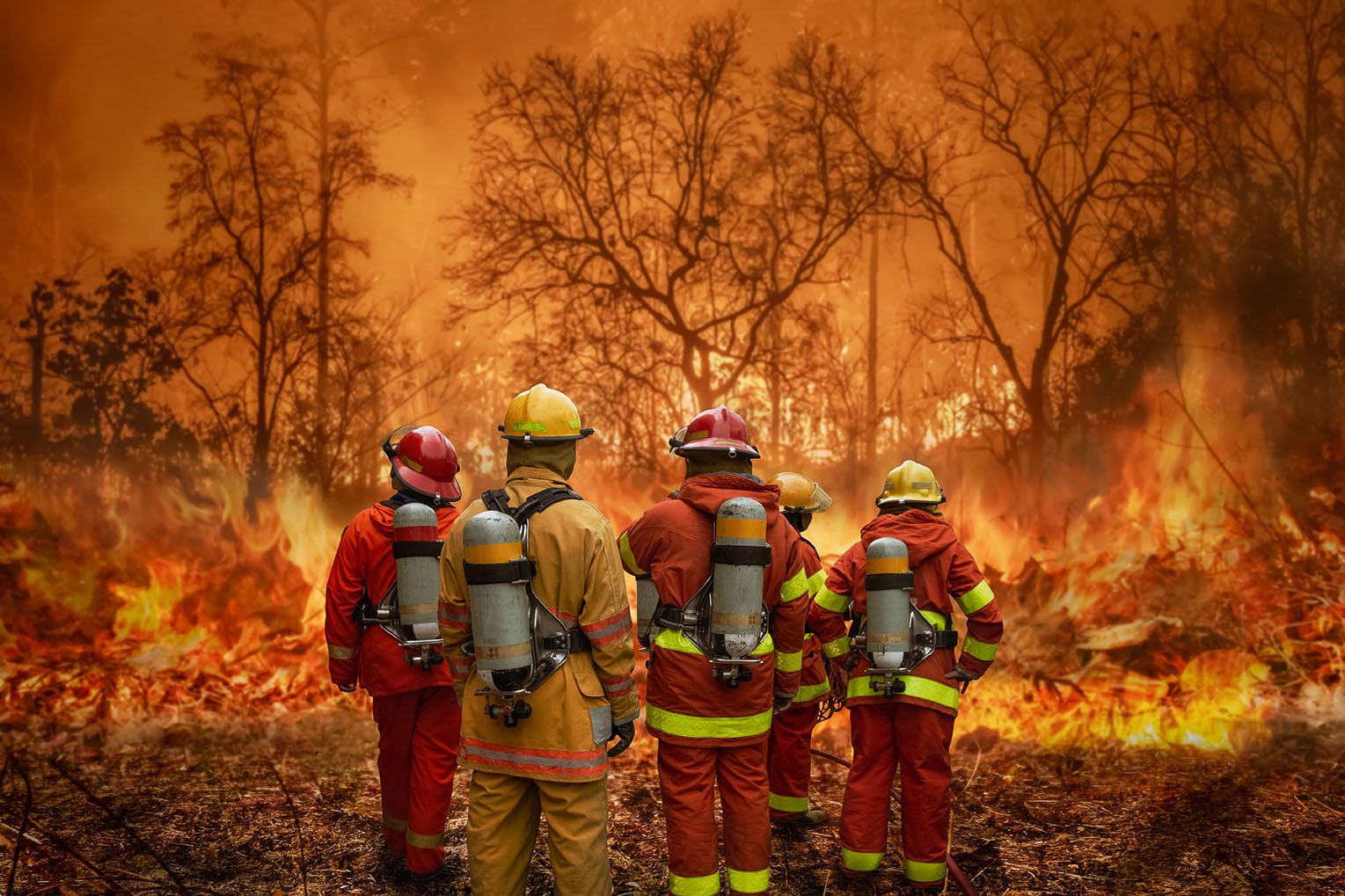

Global warming is the long-term heating of Earth's climate system observed since the pre-industrial period (between 1850 and 1900) due to human activities, primarily fossil fuel burning, which increases heat-trapping greenhouse gas levels in Earth's atmosphere. The term is frequently used interchangeably with the term climate change, though the latter refers to both human- and naturally-produced warming and the effects it has on our planet. It is most commonly measured as the average increase in Earth's global surface temperature.
The main cause of global warming is the burning of fossil fuels, such as coal, oil, and natural gas. When these fuels are burned, they release greenhouse gases into the atmosphere. Greenhouse gases trap heat from the sun, which warms the planet.
Other human activities that contribute to global warming include deforestation, agriculture, and industrial processes. Deforestation removes trees, which absorb carbon dioxide from the atmosphere. Agriculture releases methane, a greenhouse gas, into the atmosphere. Industrial processes also release greenhouse gases into the atmosphere.
The effects of global warming are already being felt around the world. These effects include rising sea levels, more extreme weather events, changes in agricultural yields, and loss of biodiversity.
If we do not take action to reduce greenhouse gas emissions, global warming is likely to have even more severe consequences in the future. These consequences could include mass extinctions, widespread flooding, and more extreme weather events.
Global warming is the long-term heating of the Earth's climate system observed since the pre-industrial period (between 1850 and 1900) due to human activities, primarily fossil fuel burning, which increases heat-trapping greenhouse gas levels in Earth's atmosphere.

Noun: global warming.
Adjective: global warming.
Verb: to global warm.
Synonym: climate change.
The term "global warming" was first used in the 1950s by scientists to describe the long-term rise in the average temperature of the Earth's climate system. The term is derived from the words "global" and "warming", and it refers to the fact that the Earth is getting warmer.
What is global warming?
Question:
Explain how the greenhouse effect causes global warming.
Answer:
The greenhouse effect is the process by which gases in the Earth's atmosphere trap heat from the sun. This heat helps to keep the Earth warm and habitable. However, human activities, such as burning fossil fuels, are releasing greenhouse gases into the atmosphere at an increasing rate. This is causing the greenhouse effect to become stronger, which is leading to global warming.
The greenhouse gases in the Earth's atmosphere include carbon dioxide, methane, nitrous oxide, and ozone. These gases absorb infrared radiation from the sun, which warms the Earth's surface. The warmer Earth's surface, the more infrared radiation it emits. This creates a feedback loop that causes the greenhouse effect to become stronger.
Global warming is causing a number of changes to the Earth's climate, including:
These changes are having a significant impact on the planet and its inhabitants. It is important to take action to reduce greenhouse gas emissions and mitigate the effects of global warming.
Here are some additional points that could be included in the answer:
Address
Developing Experts Limited
Exchange Street Buildings
35-37 Exchange Street
Norwich
NR2 1DP
UK
Phone
01603 273515
Email
hello@developingexperts.com
Copyright 2025 Developing Experts, All rights reserved.